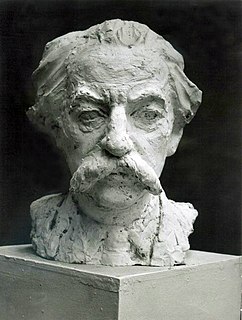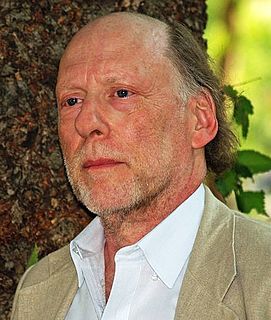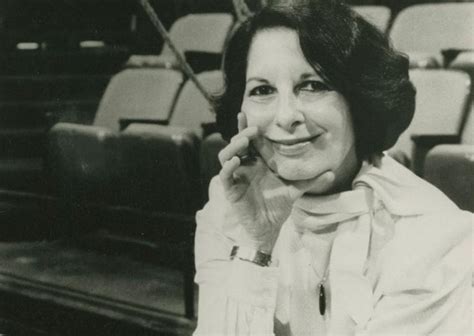A Quote by Erich Fromm
From my personal experience I can conclude that many dreams are clearly written but there are some in which one meets distortions to decipher. And it is really in knowing when one must prefer the one or the other approach, or a combination of the two, that remains one of the important elements of the art of dream interpretation.
Related Quotes
A novel is what you dream in your night sleep. A novel is
not waking thoughts although it is written and thought
with waking thoughts. But really a novel goes as
dreams go in sleeping at night and some dreams are like
anything and some dreams are like something and some
dreams change and some dreams are quiet and some dreams
are not. And some dreams are just what any one would
do only a little different always just a little
different and that is what a novel is.
Art's effect is due to the tension resulting from the clash of the collocation of elements of two (or more) systems of interpretation. This conflict has the function of breaking down automatism of perception and occurs simultaneously on the many levels of a work of art ... All levels may carry meaning.
Vanity, fear, desire, competition - all such distortions within our own egos - condition our vision of those in relation to us. Add to those distortions to our own egos the corresponding distortions in the egos of others, and you see how cloudy the glass must become through which we look at each other.
We may lay it down as an incontestible axiom, that, in all the operations of art and nature, nothing is created; an equal quantity of matter exists both before and after the experiment; the quality and quantity of the elements remain precisely the same; and nothing takes place beyond changes and modifications in the combination of these elements. Upon this principle the whole art of performing chemical experiments depends: We must always suppose an exact equality between the elements of the body examined and those of the products of its analysis.
I don't let a poem go into the world unless I feel that I've transformed the experience in some way. Even poems I've written in the past that appear very personal often are fictions of the personal, which nevertheless reveal concerns of mine. I've always thought of my first-person speaker as an amalgam of selves, maybe of other people's experiences as well.
There must be some other possibility than death or lifelong penance, said the Ellen Ward of my dream, that woman I hate and fear. I am sure she meant some meeting, some intersection of lines; and some cowardly, hopeful geometer in my brain tells me it is the angle at which two lines prop each other up, the leaning together from the vertical which produces the false arch.
I would say the only one person I know of who kind of combines the elements that my father brought to the table in terms of affecting the public discourse would be Oliver Stone. His combination of academic brilliance and real life experience and just understanding people I think is what makes him such a great storyteller, but also he cares. He is interested. He meets somebody and he listens to them. He has some questions. He wants to know what they're about. And as a result I think his worldview is much more complex and whole and most of the other.
In contrast to a dream a reverie cannot be recounted. To be communicated, it must be written, written with emotion and taste, being relived all the more strongly because it is being written down. Here, we are touching the realm of written love. It is going out of fashion, but the benefits remain. There are still souls for whom love is the contact of two poetries, the fusion of two reveries.
Did she ever feel nostalgia for any of her girlhood dreams? But life was made up of a succession of dreams, some few to be realized, most to be set aside as time went on, one or two to persist for a lifetime. It was knowing when to abandon a dream, perhaps, that mattered and distinguished the successful people in life from the sad, embittered persons who never moved on from the first of life's great disappointments. Or from the airy dreamers who never really lived life at all.
Art is personal, originating from dreams, ideas, neuroses; art is shared, harkening back to the humans around the fire; art imbues pleasure and power by enabling people to know reality...Art is a necessity because it is a way of knowing...Is the need for truth physiological? Art exists out of time...images may be different bu there is always a repetition- a thread.




































